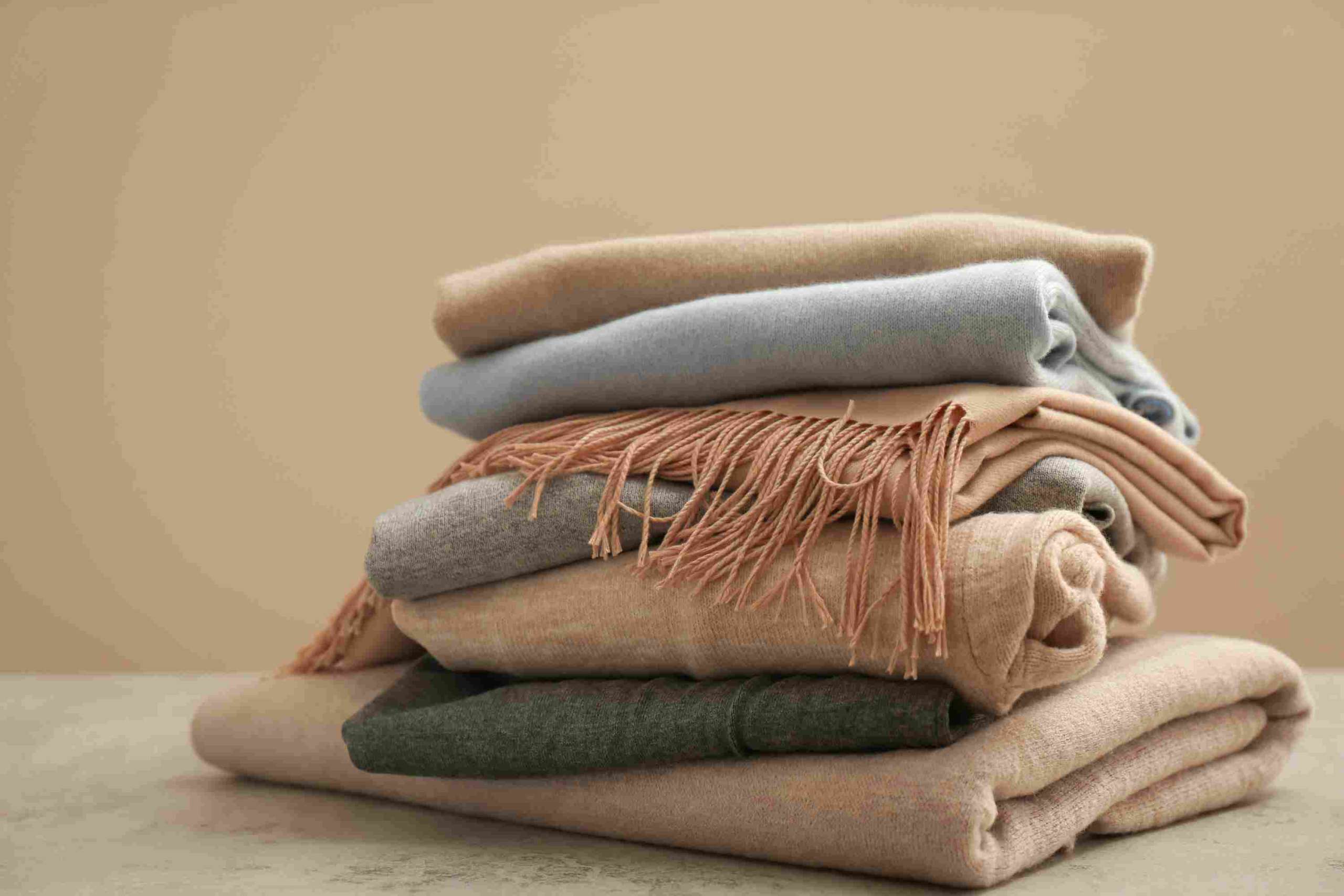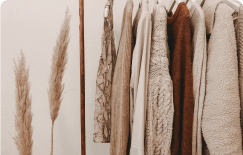South Korean Textile Giants Invest in Textile Parks in Telangana

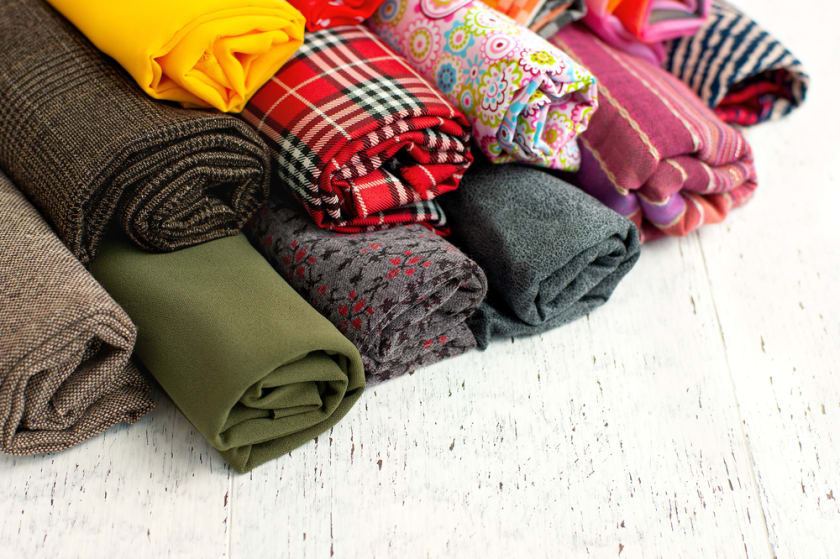

After excelling in the IT and Pharma sectors, the Telangana government is making inroads towards an impressive performance in the textile and apparel industry, pushing it to be counted among the major textile centres like Gujarat, Maharashtra, and Tamil Nadu.
The Telangana government is building world-class textile parks and providing several benefits such as tax breaks, incentives etc. The proposed Kakatiya Mega Textile Park will be one of the biggest textile parks in India upon completion.
This project is being supported with substantial investment from domestic and international companies. Among recent investments, the biggest is to come from South Korea.
One of the leading textile makers in South Korea, Youngone Corporation, has recently signed an agreement with the Telangana government. This is believed to be a glorious new chapter of the business relationship between India and South Korea.
Kihuk Sung, Chairman of Youngone Corporation, said, “We are investing in Telangana for their proactive approach and business-friendly policies. KTR has been very supportive throughout to make the project successful. We have completed the formalities for the final agreement to set up textile units at KMTP, Warangal, which will create direct and indirect job opportunities not only in Telangana but all across India too.”
Highlights of the agreement
- Youngone Corporation has agreed to establish eight textile units in the KMTP at Warangal, Telangana. It will be in two phases: Five in phase 1 and three in phase 2.
- There will be four garmenting units, one technical unit, one processing unit, and one knitting unit in the project.
- Youngone Corporation has pledged to invest around INR 900 crores over the years to erect the textile infrastructure at KMTP. The project is expected to generate around 12,000 direct jobs and hundreds of indirect opportunities.
- They are acquiring around 290 acres of land for the project, and work is in full swing for the first and second phases.
- The facility will manufacture woven and knitted textile products. It will be the head office for India operations and will be used principally for exports.
Current Status—March 2022
According to the management of Youngone Corporation, work on five factories in phase 1 is nearing completion. They will start production in these factories in a couple of months. The work for phase 2 is in the advanced stages.
These units were supposed to start production in early 2021 but were delayed due to the Covid-19 pandemic and its multiple waves.
Impact of the agreement
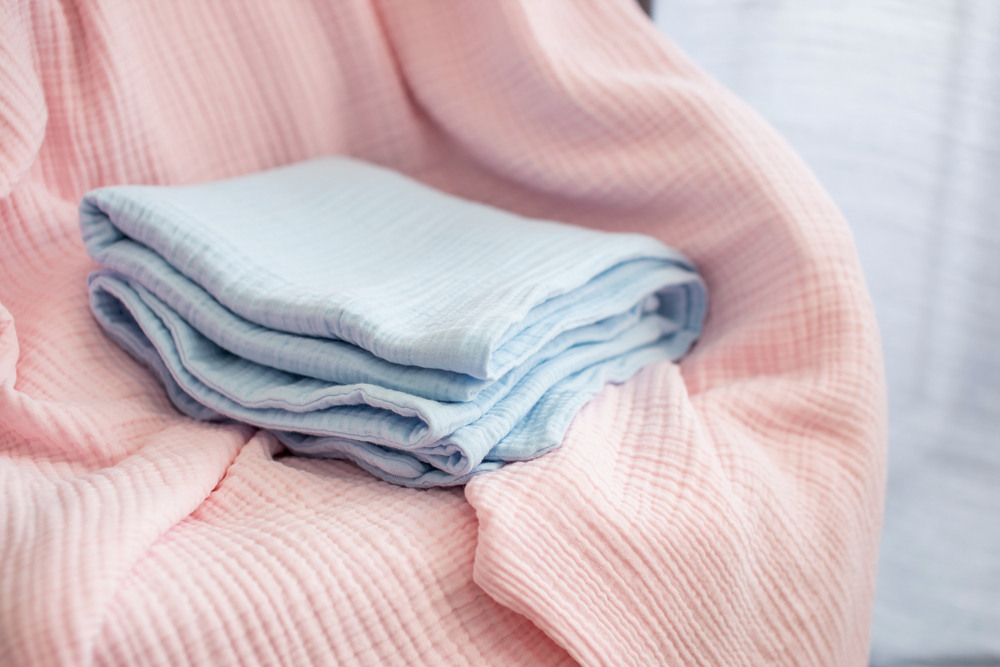
The historic agreement between the South Korean chaebol and the Telangana government will work as an anchor investment that will draw in more players from Korea and other major textile manufacturing countries.
It is also an achievement for the Telangana government, promoting KMTP as the fibre to fabric, end-to-end global textile manufacturing hotspot for national and international investors.
On the occasion of inking the deal, the Chairman of Youngone Corporation said, “Our investment will provide a magnetic effect to catalyse more Korean FDI in Telangana and particularly Kakatiya Mega Textile Park.”
Why South Korean investment matters for Telangana’s textile sector
International exposure
The project will provide international exposure to the local people. They will get to know global practices, learn newer methods of textile making, and experience cultural exchange.
Direct and indirect jobs
Currently, natives of Telangana work in the textile industries in Maharashtra, Tamil Nadu, and other traditional centres of fabric manufacturing. Youngone Corporation, along with dozens of national and international companies, will generate substantial employment opportunities.
Youngone Corporation alone pledged to provide around 12,000 direct jobs. It will be an opportunity for migrant workers and professionals to work within their state.
Textile units will create indirect jobs for logistics, cleaning, raw materials supply, and other operational requirements.
Latest tech and practices
The textile sector is an established industry in South Korea. The Youngone Corporation will bring the latest tech and know-how along with their factories and will empower employees for challenging job roles.
Small and medium-scale industries as vendors
The process of textile making involves spinning, weaving, wet-processing, worsted fabric manufacturing, carpet manufacturing etc. Companies need various raw materials for manufacturing textiles. It will provide an opportunity for small and medium-scale industries to become vendors.
Thus, it will generate revenue for local businesses and encourage a new pool of entrepreneurs.
FDI from major textile companies
One successful investment attracts other foreign players in the industry. Additionally, the Telangana government has proposed a separate cluster for South Korean companies. These developments will surely attract more textile giants from South Korea.
Factors that make Telangana favourable for textile investment
Abundant raw material base
Cotton, silk, synthetic fibre, wool, and jute are essential raw materials in the textile industry. Telangana produces these raw materials in significant quantities.
- Telangana stands third in cotton cultivation after Maharashtra and Gujarat. The state produces around 48 lakh bales on about 12.5 lakh hectares of land per annum.
- Telangana is the fourth-largest producer of silk in India at 2,154 MTs annually.
- The state government is promoting jute production facilities in the Warangal and Sircilla districts. They are building infrastructure to utilise local water bodies and the Krishna and Godavari rivers.
- Sheep farming has a long tradition in Telangana. For wool, Black Deccani sheep and Nellore breed sheep are the prominent breeds.
Skilled and experienced workforce
Workers from Telangana have worked in the textile industry in Maharashtra, Gujarat, and Tamil Nadu for years. They bring years of experience and knowledge about the latest happenings in the industry.
Favourable government
The Telangana government is doing a commendable job of attracting investments in the textile sector. Apart from Youngone, there have been significant investments from others, including Welspun, P&G, Kundana Technotex Pvt. Ltd., Ganesha Ecosphere Ltd., Sitaram Spinners Pvt. Ltd., and Kitex.
These investments will boost the economy, encourage the MSME sector, and generate thousands of temporary and permanent job opportunities.
The three-pronged approach to boosting the textile industry
The Telangana government is taking a three-pronged approach to boosting the textile industry.
Regulatory support
- One-time capital support of 25 per cent or up to 3,00,000 USD. It will be 35 per cent or up to 6,10,000 USD for technical units.
- For recurring financial support, the government provides interest subsidies up to 8 per cent annually for eight consecutive years.
- The government will provide a subsidy on electricity of USD 0.03 per kWh for five operational years.
- Businesses can avail of 100 SGST Reimbursement for seven years.
- There is an option to customise incentives according to the employment opportunities or volume of investment. Companies can apply for additional incentives for mega projects that propose an investment of more than 27 million USD or 1000 plus jobs creations.
- For the export and import of goods, the government offers a 25 to 75 per cent reimbursement on the freight cost for the initial five years.
- There is also a CEPT O&M subsidy of 25 to 75 per cent for the first five years.
Workforce training and skilling
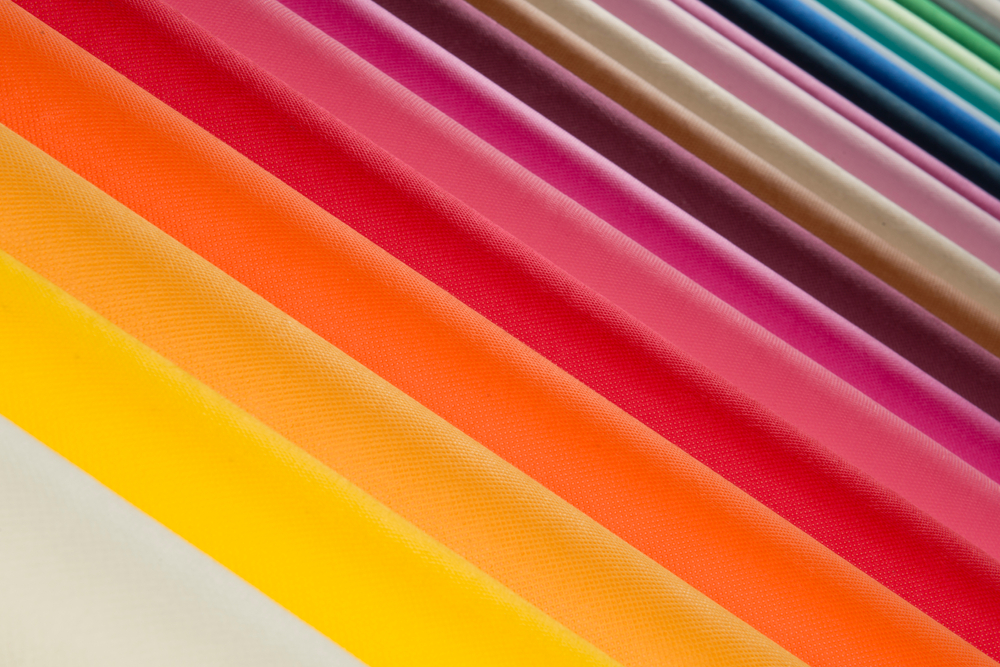
The textile sector employs around 45 million people and is the second-largest employer in India. As a labour-intensive sector, the Telangana government is focused on transforming it into the leading employment generator for the state.
- They are introducing and running welfare programs for weavers and workers. Steps like government procurement, wage protection, loom modernisation, etc., are changing the textile scenario on the grass-root level.
- Strengthening grassroots will boost the MSME sector and work as vendors for giants like Youngone Corporation.
- The government provides a one-time reimbursement of INR 3000 per employee for upskilling and training. The subsidy amount is INR 5000 per employee for companies that offer 1000 or more employees.
- Businesses can avail of incentives for upgrading the existing training centres, training infrastructure for apparel design and development.
Textile parks and world-class infrastructure
Kakatiya Mega Textile Park, Warangal (KMTP)
- Fibre-to-fabric focused infrastructure
- Wide and spacious roads
- Environmental infrastructure (STP)
- Plug-and-play, built-to-suit unit
- Social infrastructure
- 21 MLD for uninterrupted supply
- Quality power with backup and dedicated sub-station
- Zero liquid discharge Common Effluent Treatment Plant (CETP)
- Common facilities and amenities
- Green development
Sircilla Apparel Park
- Apparel-focused development
- Spacious roads
- Environmental infrastructure
- Plug-and-play, built-to-suit unit
- 3 MLD for uninterrupted supply
- Quality power backup with exclusive sub-station
The road ahead
South Korean companies have a legacy and expertise in the textile industry. They can provide valuable inputs and crucial trade secrets and help Telangana become the top textile-producing state in India. With multiple clusters of textiles across India, this move will help the industry in India garner a respectable market share globally.
Let us know your views in the comment box. Follow Fashinza for regular updates about the world of fabrics.
















